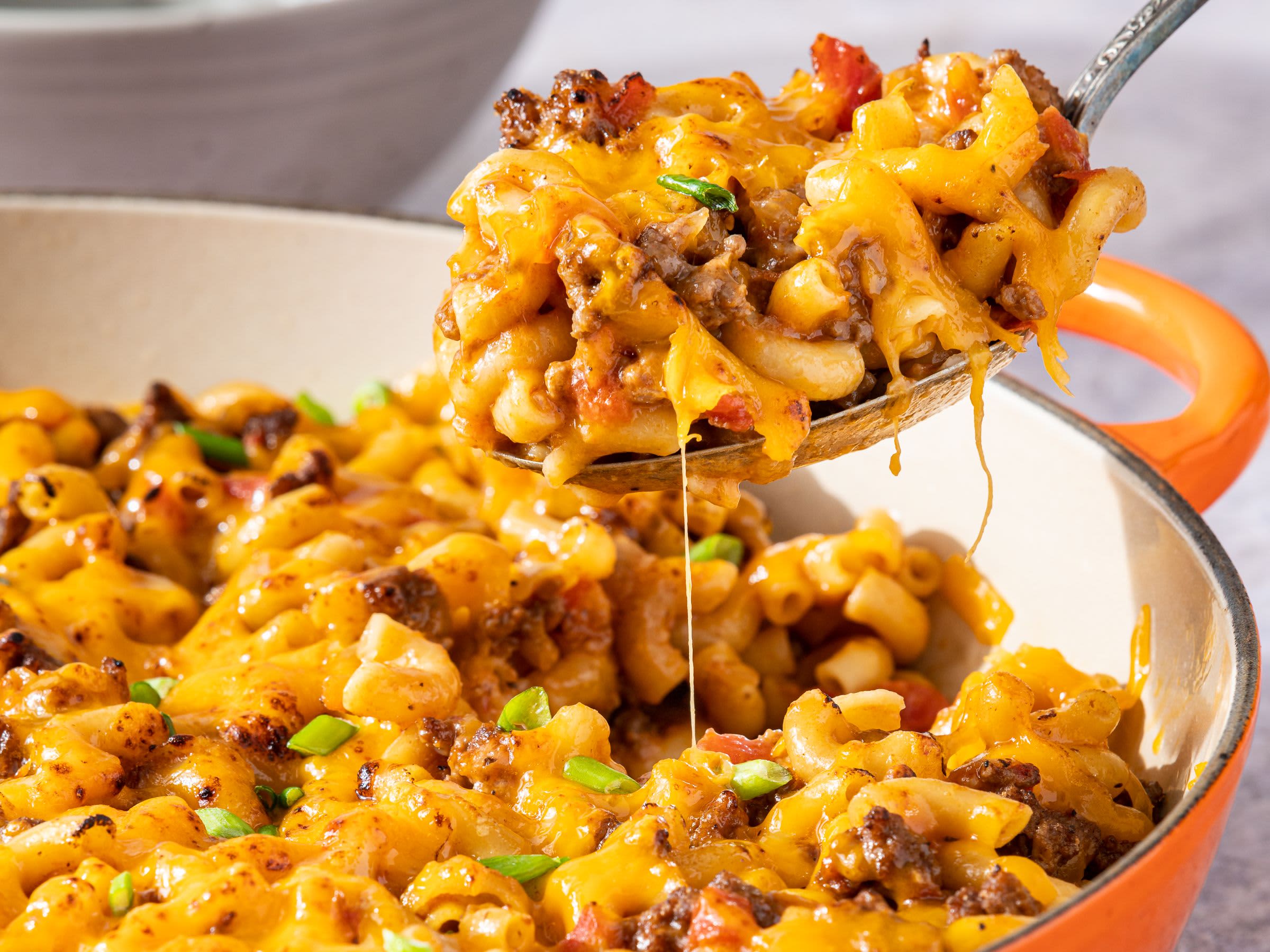Regardless of the breed of dog you have, and no matter whether you’re feeding him off a regular dog bowl or an elevated dog feeder, your dog’s diet plays a crucial part in his health. It’s easy to get swayed by the number of dog food products out there, and the continuous blitzkrieg of advertising and marketing tactics by dog food companies may leave you confused about what your dog’s diet should be.
If your dog relies exclusively on tinned dog food for his daily diet, make sure the food contains all the nutrients that are essential for his well being and health. Take a look at the nutrition label on the food before you buy your next tin. A lot of ingredients find their way to your dog’s feeder, and these have very little nutritional value. An inadequate diet can lead to joint and bone problems in a dog leading to an earlier wearing out of his bones, and requiring special items like an orthopedic dog bed. An orthopedic dog bed is a dog bed that’s made for older dogs who might have difficulty adjusting to a regular bed that offers no extra support.
Here are a few things you might want to look out for to avoid health problems in your dog. The first four ingredients in your dog’s food label should be meat and proteins. Watch out for inferior sources of protein like Soya and wheat. A dog needs meat protein to be healthy. Not only do wheat, corn soy and other inferior sources have less good protein, they are also hard to digest giving your dog stomach and digestion problems down the line.
Watch out for sugar. A diet high in sugar can cause a dog to be prone to worms, and can cause hyper activity.
When chicken is part of a dog food diet, it should include chicken meal as the main ingredient, and not simply chicken. Many manufacturers use the beak, feather and other unwanted parts of the chicken to fill their tins, and these are a pretty much useless source of protein.
If you have questions about your dog diet and would like to reassure yourself that what you’re feeding is indeed what’s best for him, talk to your vet who will be able to advise you better. Some dogs need to be on a special diet, and your vet will be able to inform you if your dog needs a prescription diet.






